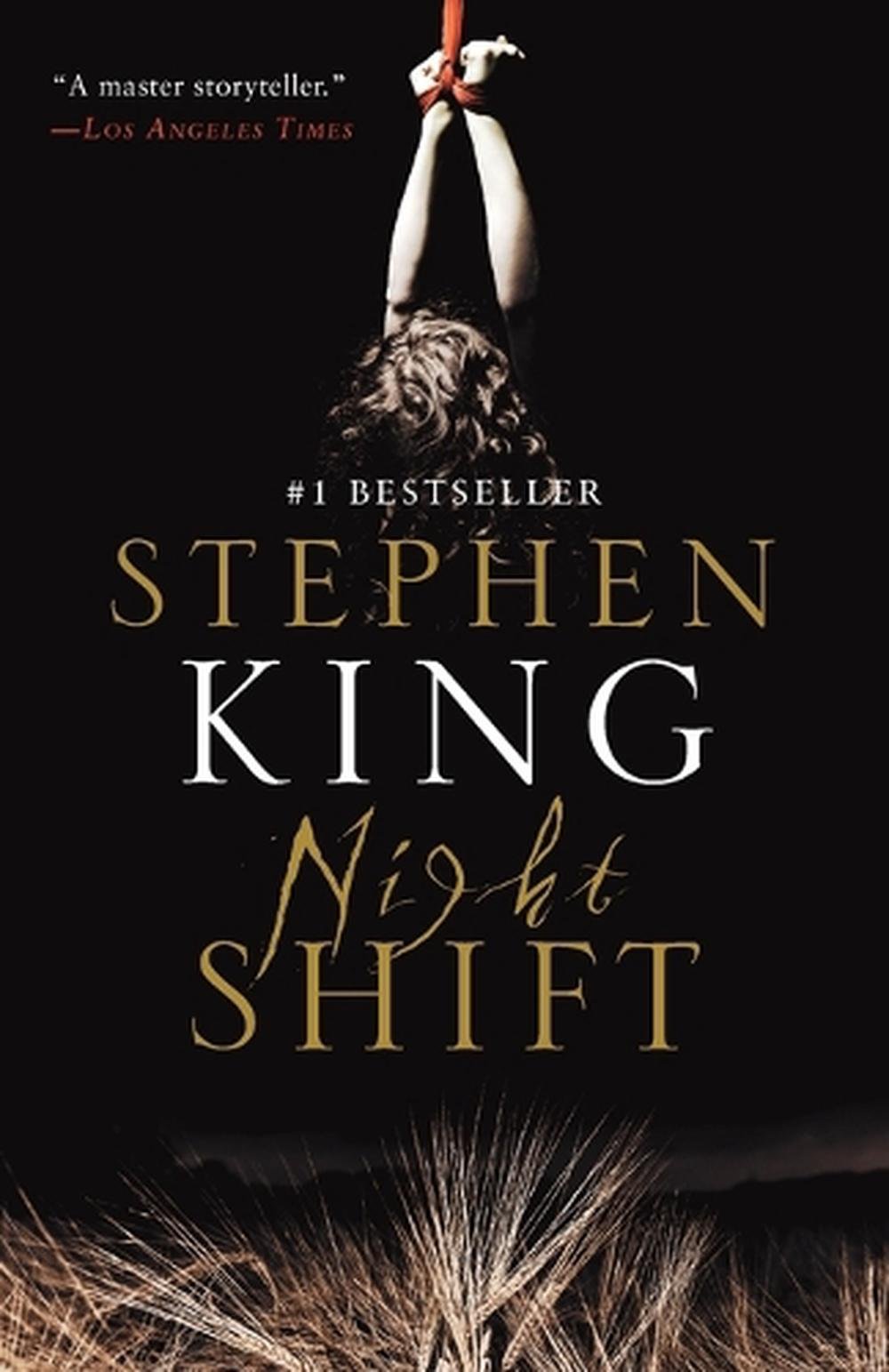
Although Subotsky was involved with several King adaptations ( Cat's Eye, Maximum Overdrive, Sometimes They Come Back, The Lawnmower Man) the television series never happened due to conflicts with the networks' Standards and Practices. In the 1980s, entrepreneurial film producer Milton Subotsky purchased the rights to six of the stories in this collection to produce feature films and a television anthology based on multiple stories. King formed a policy he deemed the Dollar Deal, which allowed the students the permission to make an adaptation for $1. With the publication of Night Shift and the rise in King's popularity as a best-selling author, and with the success of Brian De Palma's motion picture adaptation of Carrie (1976), student film makers began submitting requests to King to adapt stories from the collection. MacDonald.įilm, television or theatrical adaptations The introduction was written by one of King's favorite authors, John D.

Night Shift is the first book for which King wrote a foreword. The stories "Jerusalem's Lot", "Quitters, Inc.", "The Last Rung on the Ladder", and "The Woman in the Room" appeared for the first time in this collection. Nine of the twenty stories had first appeared in issues of Cavalier Magazine from 1970 to 1975 others were originally published in Penthouse, Cosmopolitan, Gallery, Ubris, and Maine Magazine. The book was published on the heels of The Shining (1977 Doubleday) and is King's fifth published book (including Rage, which was published under the pseudonym of Richard Bachman).

In 1980, Night Shift won the Balrog Award for Best Collection, and in 1979 it was nominated as best collection for the Locus Award and the World Fantasy Award. Night Shift is Stephen King's first collection of short stories, first published in 1978.


 0 kommentar(er)
0 kommentar(er)
